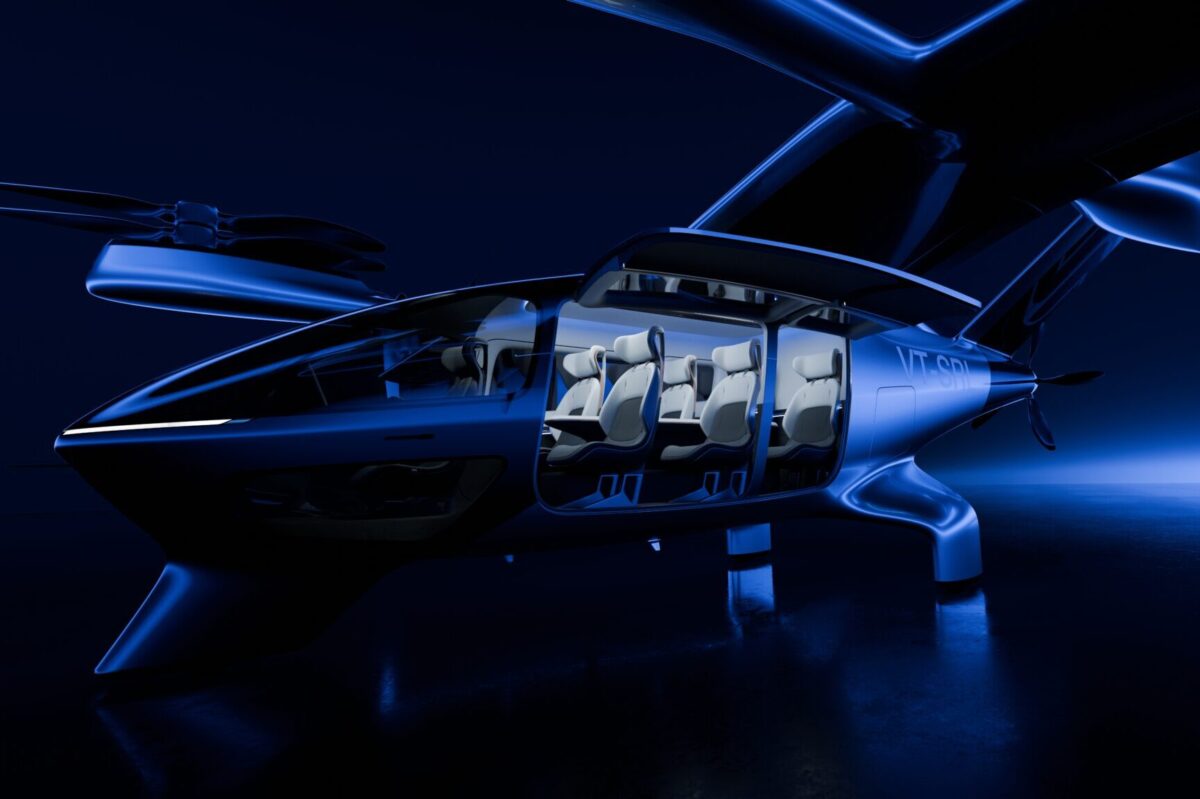Air Travel Is Still Inaccessible to Many in Africa Despite Rising Demand

Skift Take
While quickly developing continents like Asia and South America tend to garner all the headlines about the massive increase in global travel, Africa is slowly maturing as demand for travel is increasing in its more developed nations.
Travel-tech company Sabre surveyed 1,600 people in Egypt, Nigeria, Kenya, and South Africa who had traveled by air in the last year for its "The African Traveler Report." What the survey found is a continent that still faces strong headwinds when it comes to the accessibility of air travel, but remarkably robust signs of increased travel spending at the same time.
“The results suggest that while travel is inaccessible to many and is difficult for those who do travel, there is a still a strong desire to travel more,” said Dino Gelmetti, vice president of Europe, Middle East and Africa airline solutions at Sabre. “Additionally, most of the pain points can be addressed by airlines, and these tweaks could make all the difference to travelers."
It should be pointed out, of course, that Sabre is in the business of selling technology solutions to airlines and would welcome more customers in Africa.
"African carriers currently face tough competition from international rivals that control 88 percent of African airspace but, as demand for travel increases, African airlines have a real opportunity to win the lion’s share of bookings by addressing the pain points of travelers and going the extra mile to improve their experience,” the report states.
Sabre's research shows that while the majority of Africans do not have access to air travel, the new pan-African passport set to debut in 2018 could resolve many problems for potential travelers. Just 23 percent of Africans have traveled in the last 12 months, with Nigeria leading the way with 35 percent followed by Egypt with 27 percent. Overall, more than half of those polled booked and research their travel online.
Most travel issues for Africans occur before travel even begin; unavailable flights, changes in price quotes, booking sites with poor performance, and confusing booking sites are the most frustrating aspects of travel for Africans.
Another big takeaway is that Africans are willing to pay for a better onboard experience when they fly. Travelers currently spend $90 on ancillaries when they fly, but would be willing to pay an average of $104 for these extra services.
Eighty-four percent of those polled said they were willing to pay for ancillaries, and one-third said they'd be willing to spend more than $100. Wi-Fi, in-flight food and beverage, travel insurance, and in-flight entertainment were the most popular ancillaries overall.
“Airlines, globally, currently pocket an average of just $16 per passenger on ancillaries, so the fact that African travelers are prepared to spend six times more than that represents a significant retail opportunity for carriers on the continent,” said Gelmetti. “Airlines will flourish if they invest in technology that can make sense of customer data and use it to offer passengers the right product in the right context at the right time.
"This technology, which empowers airlines to mirror the personalized shopping tactics already mastered by the online retail industry has been proven to increase ancillary revenue by an average of 10 percent, and is being used by some of the world’s most forward-thinking carriers.”
You can read the full report below for more insights into the African traveler.
[gview file="https://skift.com/wp-content/uploads/2016/11/The-African-Travel-Report.pdf"]




